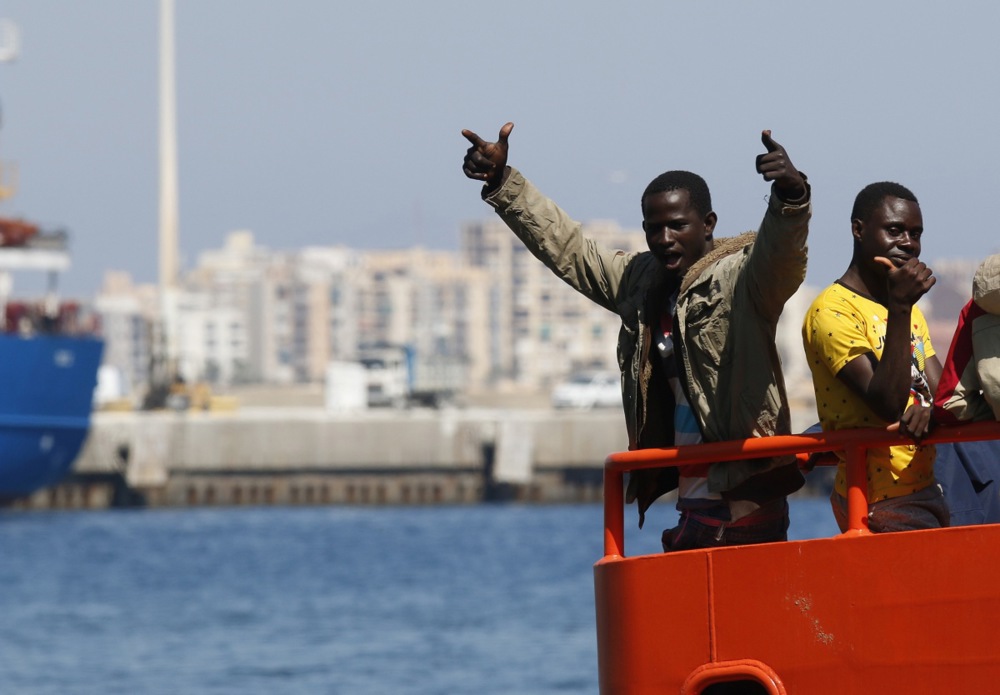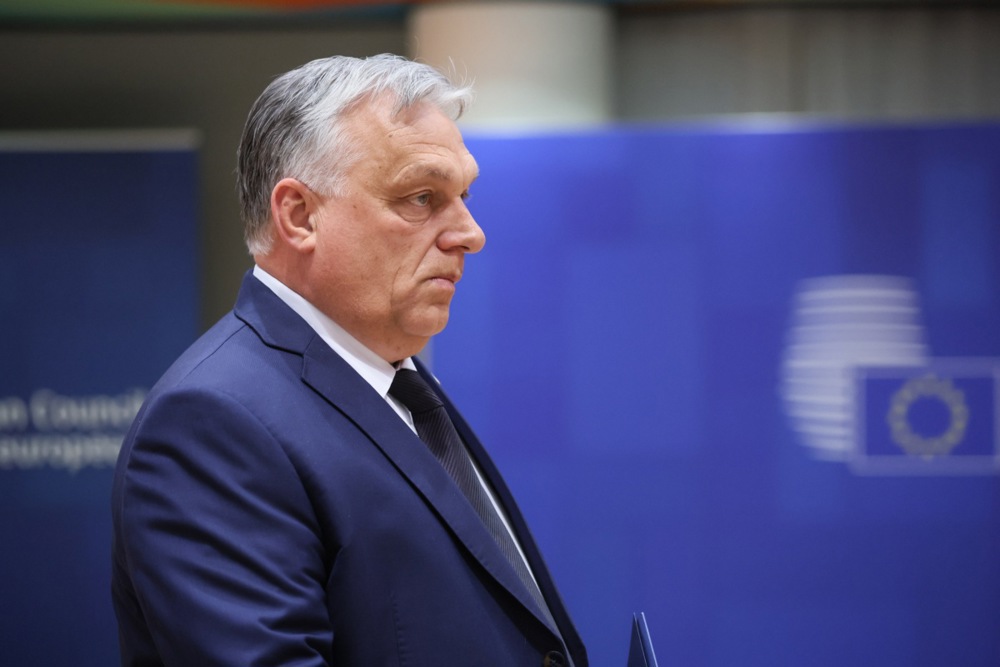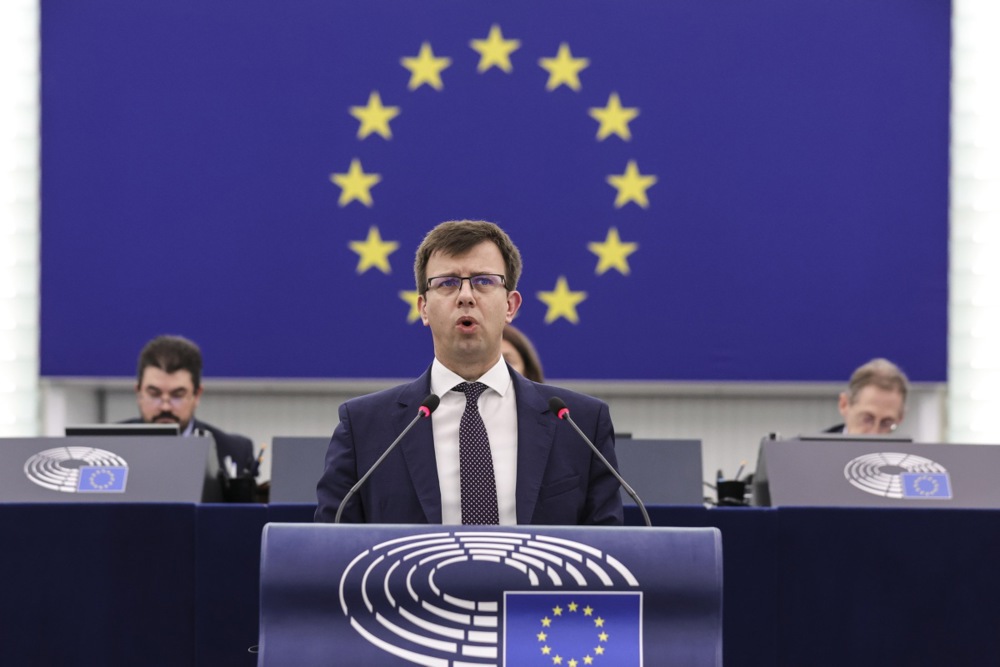Slovakia, Hungary and Serbia have signed an historic agreement during a trilateral meeting in Komarno, southern Slovakia, on the border with Hungary.
This deal on October 22 came as the region has become a frequent destination for waves of immigrants. According to Frontex, the European Border and Coast Guard Agency, the new treaty was highly relevant, especially given the increase in irregular crossings at the eastern borders.
Hungary, Slovakia and Serbia are three Eastern European countries that have historically been affected by rising immigration flows.
Since the 2015 migration crisis, Budapest has played a crucial role in containing mass immigration, a fact that has been accentuated by recent decisions by several European Union countries to tighten their policies and limit the arrival of new migrants.
These include Austria and Germany, which have increased the requirements for the admission of refugees and asylum seekers.
In contrast, Spain has been considering revising its immigration policy to facilitate access to certain benefits, as well as family reunification and rights to remain and work.
In Poland and the Baltic States, some 13,200 irregular crossings have been reported between January and September this year, representing an increase of 192 per cent on the same period in 2023. That was despite the fact that the entry of undocumented migrants has fallen by 42 per cent in the EU in the past year.
The increase in immigrants has put significant pressure on the health and social systems of these countries, leading to growing internal tensions.
Slovakia and Hungary have become key routes to Poland, a situation complicated by the fact that Russia’s ally Belarus has been enabling immigrants who obtain visas to fly legally to Minsk, with stopovers in Moscow, and then travel by road to the border, crossing it on foot.
In this context, Polish Prime Minister Donald Tusk earlier in October decided to suspend temporarily asylum procedures, an unprecedented move that received the backing of the Brussels’ authorities.
“The Serbian-Hungarian border is crucial for the arrival of irregular migrants in Slovakia, and hotspots outside the EU could play an important role,” Slovak interior minister Matus Sutaj Estok said at the start of the Komarno summit.
After more than a year of negotiations, Serbia has also signed a co-operation agreement with Frontex, which will allow it to conduct joint operations and deploy its own officers.
That agreement included the exchange of information and dual operations to manage borders more effectively. The agency has more than 480 agents on this route, through which about 100,000 people have entered over the first 10 months of this year.
Polish Prime Minister Donald Tusk has expressed his satisfaction at the outcome of a European Council meeting on October 17 at which the council expressed support for Poland and other nations facing the apparent ‘weaponization’ of migration by hostile countries such as Belarus.…
— Brussels Signal (@brusselssignal) October 18, 2024





